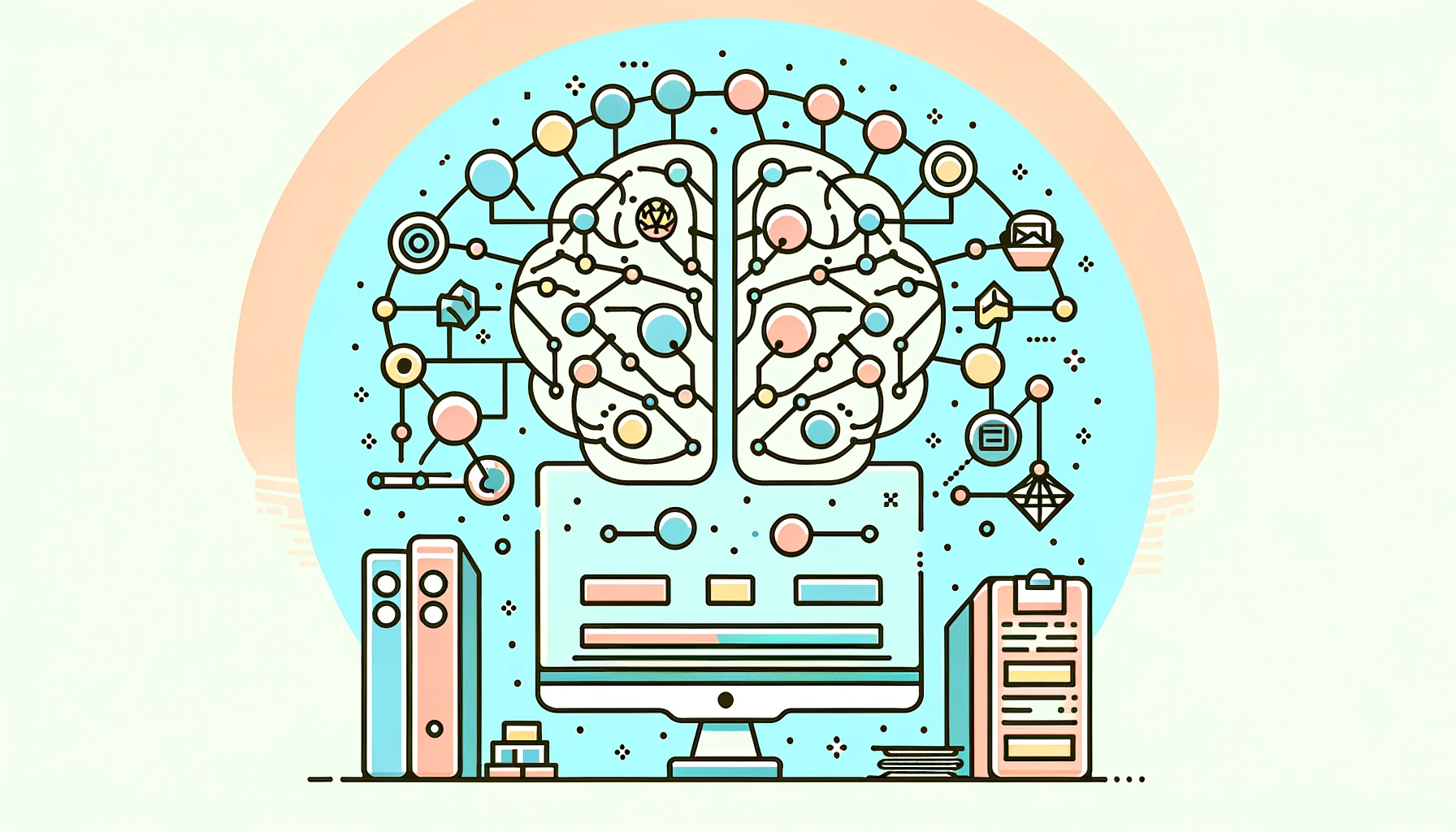Knowledge management
The Synergy of Knowledge Management Software and LLMs in Modern Workplaces
- By elium
23 Jan

The workplace technology landscape is undergoing a seismic shift, driven by the integration of innovative tools like Knowledge Management Software (KMS) and Large Language Models (LLMs). This blog post delves into how these technologies are revolutionising the modern workplace, offering new avenues for efficiency and intelligence in business operations.
Understanding Knowledge Management Software
Key Features and Benefits of Knowledge Management Systems
Knowledge Management Software is the cornerstone of modern information management. It offers a plethora of features like data storage, retrieval, and sharing, which are instrumental in enhancing organisational efficiency and decision-making. The centralised repository of knowledge aids in eliminating redundant tasks and facilitates quicker problem-solving.
How Knowledge Management Software Empowers Employees
Empowerment through information is a core benefit of KMS. It democratizes access to organisational knowledge, enabling employees at all levels to contribute more effectively to their roles. This empowerment leads to a more engaged, innovative, and productive workforce.
Current Trends in Knowledge Management Technology
Today’s KMS trends are defined by AI and machine learning. These technologies personalise the user experience, predict information needs, and enhance collaboration, making KMS not just a tool for information management, but a platform for dynamic workplace interaction.
Exploring Large Language Models (LLMs)
What are Large Language Models? A Brief Overview
Large Language Models like GPT represent the cutting-edge in AI technology. By processing vast datasets, they offer human-like text generation and understanding, thus becoming invaluable assets in managing and utilising information.
The Role of LLMs in Data Analysis and Decision Making
LLMs excel in analysing complex datasets, providing insights that are crucial for informed decision-making. Their ability to understand nuances in data makes them particularly useful in strategic planning and operational efficiency.
Advancements and Innovations in LLM Technology
The evolution of LLM technology focuses on improving accuracy, understanding, and language generation, making these models more sophisticated and applicable across various sectors.
The Intersection of KMS and LLMs in the Workplace
Enhancing Data Retrieval and Analysis with LLMs in KMS
The integration of LLMs with KMS is redefining data retrieval and analysis. This synergy offers advanced search capabilities and deeper data insights, thus facilitating more strategic and informed business decisions.
Case Studies: Successful Integration of KMS and LLMs
Real-world applications of KMS and LLM integration demonstrate significant improvements in various domains, from customer service to internal process optimisation, highlighting the practical benefits of this synergy.
Overcoming Challenges in Merging KMS with LLMs
Integrating KMS with LLMs presents challenges like ensuring data privacy, managing model biases, and maintaining the accuracy of AI-generated content. Addressing these issues is key to leveraging the full potential of this integration.
The Synergistic Benefits for Modern Workplaces
Streamlining Workflows with Integrated Systems
The amalgamation of KMS and LLMs streamlines workplace processes, simplifying information access and communication, thus boosting overall productivity and efficiency.
Improving Decision-Making with Enhanced Data Insights
Enhanced data insights provided by the integration lead to better-informed decisions, optimising business outcomes and strategic approaches to various challenges.
Fostering Collaboration and Innovation
This integration fosters a more collaborative and innovative work environment by breaking down information silos and enhancing communication channels.
Future Outlook and Potential Developments
Predicting the Evolution of KMS and LLM Integration
The future of KMS and LLM integration points towards more seamless, AI-driven knowledge management systems, promising even more personalised and efficient user experiences.
Preparing for a Future with AI-Driven Knowledge Systems
As we approach a future dominated by AI, it’s crucial for organisations to prepare by investing in the right technologies and fostering a culture of adaptability and continuous learning.
Conclusion
The synergy of Knowledge Management Software and Large Language Models is reshaping the modern workplace, offering unparalleled opportunities for business growth and efficiency. Embracing these technologies will be key to thriving in the rapidly evolving digital landscape.
Related Post
Categories
- Elium's life (29)
- Guides & Ebooks (4)
- Knowledge management (77)
- Product News (22)
- Uncategorized (1)






